Why Ask if You Don’t Listen?
Questions are the expressive, probing language for growing others; listening is the receptive, facilitating language for growing others. These two complementary approaches form a continuous growth conversation loop. The deeper the questions, the deeper the listening; the deeper the listening, the deeper the next question. As we dig together with each tool, we mutually excavate new discoveries. – Kevin Cashman
Authentic listening creates the platform for true collaboration and team effectiveness. Valuing and attending to multiple perspectives from diverse sources offers a more complete understanding of issues and results in more nuanced, elegant solutions.
Without authentic listening, questions are just thinly veiled challenges, judgments, and assertions. It is only when questions are paired with deep listening that you activate the benefits of questions.
But how often do we really hear what another person is saying and feeling versus filtering it heavily through our own assumptions, concerns and pressures? Despite its value-creating properties, listening is rare for many leaders, and this lack of listening is one of the key reasons leaders derail.
Here are 3 common pitfalls that inhibit authentic listening:
- EXPERTISE. When you are the more experienced or senior person and believe you already know the solution, you are unlikely to really listen to the insights offered by others. Asking questions that lead others to the “right” answer is insincere and does not lead to growth or transformation. You also risk being told what you want to hear, not what is really going on or what people are thinking.
As executive director of the MIT Leadership Center Hal Gregersen says, “Isolation starts the moment that you get into your first leadership role, and the challenges stemming from that accelerate as you move higher. Information is pushed at you nonstop that has already been massaged and manipulated and packaged to fit into your worldview. At the top, it becomes excruciatingly difficult to uncover what you don’t know that you don’t know. That’s the point where you become disrupted and blindsided.
- DISINTEREST. If the conversation doesn’t reflect your point of view, you can get impatient or bored. If the voice in your head insisting “They aren’t getting it!” is drowning out what someone else is saying, you are losing the opportunity to stay curious.
In his book Humble Inquiry, Professor Emeritus at the MIT Sloan School of Management Edgar Schein says that managers need to learn how to ask more and tell less because lower-ranking employees often detect risks before more senior managers. He argues that curiosity and humility are key ingredients for developing better questioning (and listening) skills.
Try asking yourself “What are they seeing and understanding that I don’t see? What are the beliefs underneath what is being said? What are the hopes and fears underneath the surface?” Stretch yourself to stay engaged by looking deeper and you will remain open to learning, connection, and innovation.
- ACTION. Many leaders have a strong bias towards action – that is part of what makes them successful! But when it comes to listening, it can be counterproductive to jump to answers, solutions, and action. When you don’t take the time to listen for understanding before taking action, you stunt the growth of others, create dependency, and sacrifice potential transformative breakthroughs. Let your team member(s) wrestle with ideas, options and deeper solutions, and listen to how they are collaborating and problem-solving.
Asking questions is only valuable if you listen to the answers with an open mind. If we put ourselves into these situations, there’s a very high probability we’ll find out we’re wrong about something, which makes us uncomfortable. Leaders have to be very quiet and listen not only to the world around them but to what’s going inside. In this way, a different question can surface and open an opportunity they never would have seen before. – Hal Gregersen
P.S. Hal’s books on questions are fantastic. Check him out at https://halgregersen.com/

